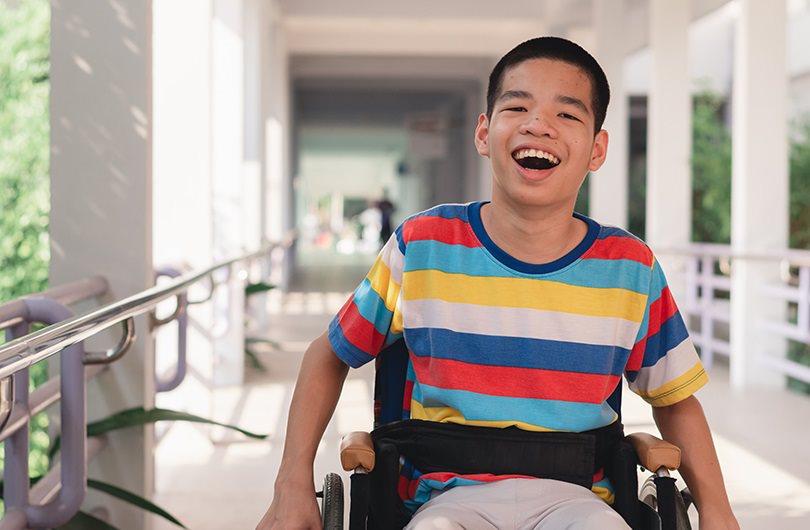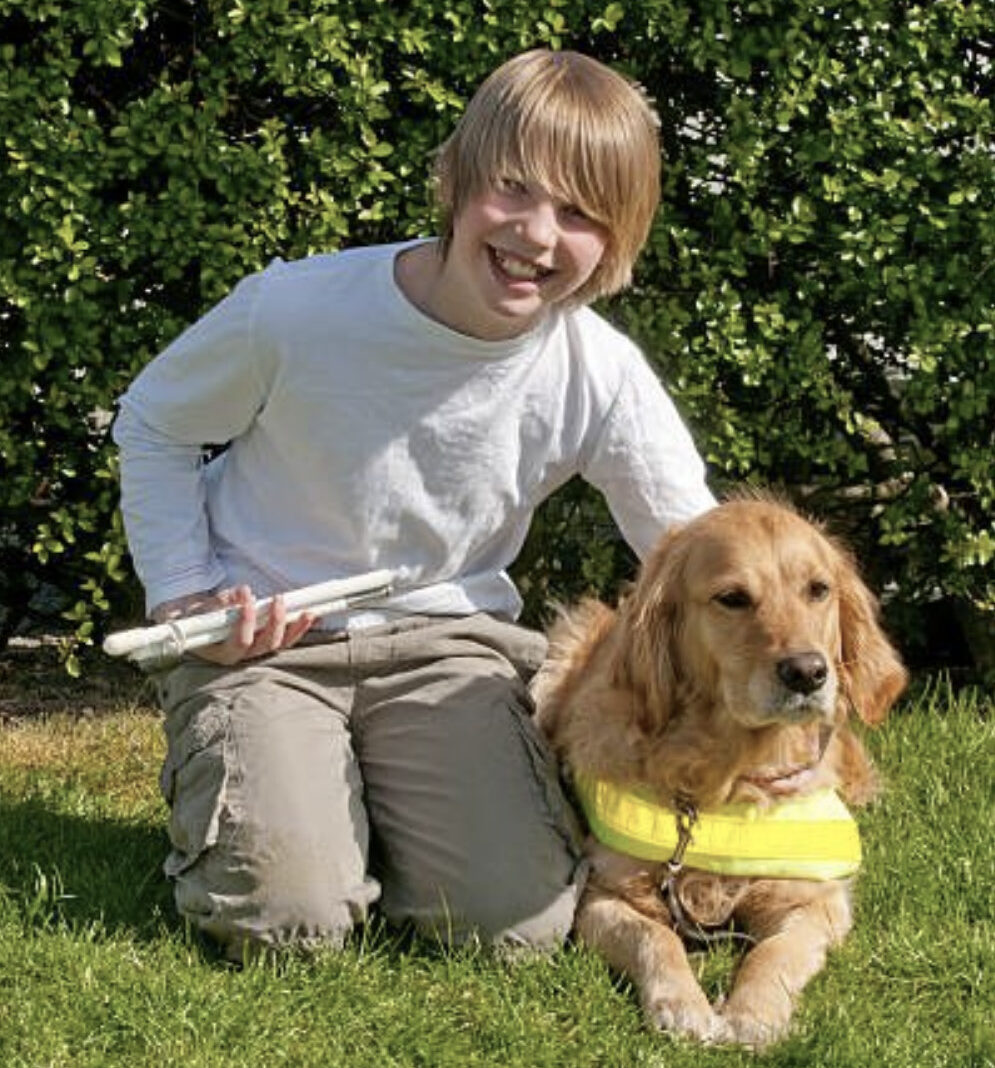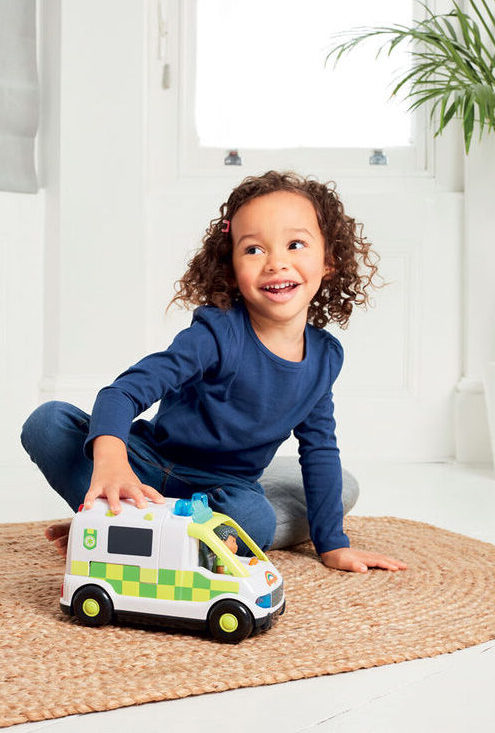Participation Policies
Conditions to Come to CreateU Camps
Participation Policies
CreateU Camps offers a group experience and opportunities for growth and learning within the boundaries of safety, respect, common sense and the law. Campers are expected to act in a safe and respectful manner towards themselves, other campers and the staff members at all times.
We reserve the right to terminate the participation of any camper, at any time during any of the camp sessions, without refund or a formal hearing, who we believe has violated the conditions for participation or is negatively impacting the group or the program as whole.

We Welcome Everyone to Our Camps
Inclusion Policy
CreateU Camps is committed to providing excellence and inclusion in its programming to campers. Services are provided in a manner that respects the dignity and independence of campers, staff, families and guests. Persons with exceptionalities are welcomed, included and supported at the camp, during camp endeavours to meet the special needs of such individuals to the best of its abilities. The provision of services to persons with exceptionalities is integrated wherever possible. The camp promotes equity of opportunity to those with exceptionalities, and provides support systems when necessary and where reasonably possible, to facilitate equal access to obtain, use or benefit from the goods and services offered by and on behalf of the camp.
In order to maintain the integrity of our program, and to ensure the safety of all participants at camp, it is necessary to put limits on how many campers with exceptionalities can be enrolled at one time, and to outline the nature of the program and the physical facilities.

Supporting Your Child
How we determine whether CreateU is suitable for your exceptional child:
1. A CreateU Camps director will have an initial conversation with the parent(s)/ guardian(s) by phone to discuss the camper’s specific needs, and to provide a detailed outline of the camp program and opportunities for accommodation.
2. If, following the initial conversation, it appears that CreateU Camps may be an appropriate fit for the potential camper, the next step is to have a meeting that includes the CreateU Camps Director(s) with the family and, as appropriate, the potential camper to further assess whether our camp is appropriate for the child. We reserve the right to make the final decision on whether our program and/or facilities will or will not be appropriate for your child as well as for the camp as a whole.
3. The goal of the Camp is to integrate the camper with exceptionalities as much as possible into the regular camp program. To do so, CreateU Camps will determine (in partnership with the family) what support systems are required to ensure optimal inclusion into our programs. Such support systems may include one of the following:
A) a determination that the camper requires a 1:1 support staff to be provided by the family. In this situation, the family is required to provide and pay for the support staff for the duration of the time the camper attends camp. CreateU Camps requires that the support person review our camp policies and procedures and attend our training, prior to the start of the camp. The support staff is required to adhere to CreateU Camps policies and direction. If a non-specialized support person is required, we are happy to work with the parent to provide that assistance (a fee will be charged and tbd in disussion with the family)
B) a determination that an additional staff is not required to meet the needs of the individual camper. In this circumstance, the counsellors and other staff will be informed of the camper’s special needs and will be offered specific guidance (if applicable) about how to best meet the needs and abilities of the camper.
Working Together to Create a Great Experience
Ongoing assessment and communication between CreateU Camps and the family:
To best meet the needs of campers with exceptionalities, it is essential that CreateU Camps and the family work together to ensure the success of the individual camper, the camper’s group and the overall camp program. It is important that the family provides accurate information prior to camp, so that we can properly prepare to support the camper as necessary.
During the course of the camper’s time at CreateU, it may become apparent that the circumstances are not what either CreateU Camps and/or the family expected. Sometimes campers respond differently than anticipated in a camp situation and become overwhelmed, particularly in situations that involve large groups of children, outdoor experiences, noise and excitement. If this is the case, then the Camp will provide descriptive and ongoing information to the family as the situation is being monitored. The family must recognize however, that the safety and well-being of EVERY camper and staff at CreateU Camps is the Camp’s priority, and that changes to the camper’s support systems might be required at the discretion of CreateU Camps to ensure that the integrity of the camp program for all participants is maintained in a safe and appropriate manner.
Modifications to the camper’s program may be necessary during the child’s time at Camp. It may be determined that certain activities may not be suitable for the camper. In these circumstances, an alternative activity that can be done in the same location can be made available during that period, but please note that individualized alternative programming is not an option for safety, supervision and/ or logistical reasons. If the camper is unable to participate in an activity or an alternate activity in the same location as the camp group, additional supports may be necessary. CreateU Camps does not have the resources to provide one-on-one individual support to campers.
Please note that all campers are expected to adhere to our Code of conduct and progressive discipline policy. CreateU Camps reserves the right the make the final decision on whether or not any child in our camp should remain in the program or not. The decision is based on the safety, well-being and enjoyment of ALL campers at staff at the camp. We look forward to working with families in our community to promote a positive and fulfilling summer day camp experience for every child.
Services for All Campers
Accessiblity
Statement of Commitment:
CreateU Camps is committed to providing accessible services to its camper families wherever possible. Our services will be provided in a manner that respects dignity and independence to all clients. The provision of services to persons with disabilities will be integrated wherever possible. Persons with disabilities will be given an opportunity equal to that given to others, to obtain, use or benefit from the services provided by and on behalf of CreateU Camps.
Use of Service Animals and Support Persons:
A. If a person with a disability is accompanied by a guide dog or other service animal, CreateU Camps will ensure that the person is permitted to enter the facilities with the animal. The service animal must be under the care and control of the individual at all times.
B. If a person with a disability is accompanied by a support person, CreateU Camps will ensure that both persons are permitted to enter the camp facilities, and that the person with a disability is not prevented from having access to the support person. CreateU Camps may require a person with a disability to be accompanied by a support person when in a camp facility, but only if a support person is necessary to protect the health or safety of the person with a disability or the health or safety of others in the facility.
PLEASE NOTE: CreateU Camps will make every effort possible to ensure that campers are able to navigate the premises. However, due to the rustic nature of our existing venues (including but not limited to outdoor areas & rugged pathways), not all areas of the camp facility are fully accessible.


Keeping Everyone Safe
Anaphylaxis & Allergens
Information and Awareness
Ensuring the safety of anaphylactic campers in a camp setting depends on the co-operation of the entire camp community. To minimize risk of exposure, and to ensure rapid response to an emergency, parents, campers and camp personnel should all understand and fulfill their responsibilities.

Camp Program Director
- Works closely with the parents of an anaphylactic camper.
- Makes contact with parents of an anaphylactic camper and the camp lead each summer to gather or update medical information related to the condition including: causal factors, severity of allergy, past incidents of anaphylactic reactions and other health considerations.
- Prepares and maintains a camper file including consent forms, waiver, physician’s instructions and alert sheets with annual updated photograph for each anaphylactic camper.
- Ensures the group counsellor is aware of the child’s needs and knows where the camper’s epi-pen is located.
- Ensures parents provide two auto-injectors to the camp director by the first day of camp. At least two auto-injectors are suggested, one located with the Lead Counsellor or the child, if age appropriate, and one located in the main building in a known accessible location.
- Notifies all appropriate camp personnel of medical alert concern and of established policy.
- Review procedures with entire staff each summer.
- Develops and maintains an emergency plan that is consistent with the camp’s anaphylaxis policy.
- Arranges for staff training sessions for all camp personnel on how to recognize and treat anaphylactic reaction, on camp procedures to protect anaphylactic campers from exposure, and on camp protocol for responding to emergencies.
Parents of An Anaphylactic Camper
- Inform the camp of their child’s allergies.
- Provide the camp with two up-to-date auto-injection kits, clearly labelled with the child’s name and prescription details.
- Provide camper with a body pouch or fanny pack for carrying at least one auto-injector at all times on their body, if age appropriate.
- Review the camp prevention plan with camp personnel and provide information as requested.
- Teach their child:
- about their allergen and the substances that trigger it;
- to recognize the first symptoms of an anaphylactic reaction;
- to know where medication is kept, and who can inject it;
- to communicate clearly when he or she feels that a reaction is starting;
- to carry his/her own auto-injector in a body pouch or fanny pack when age appropriate;
- not to share snacks, lunches or drinks and to politely explain why he/she is not sharing;
- to understand the importance of hand-washing;
- to take as much responsibility as possible for his/her own safety.
Anaphylactic Camper
- Has an age appropriate understanding of his/her allergy and its triggers.
- Complies with taking medication as arranged and approved by camp administration.
- Takes as much responsibility as possible for avoiding allergens.
- Washes hands before and after eating.
- Learns to recognize symptoms of an anaphylactic reaction.
- Promptly informs an adult, as soon as accidental exposure occurs or symptoms appear.
- Keeps an auto-injector on his/her person at all times when age appropriate.
All Parents
- Will respond co-operatively to requests from the camp to eliminate allergens from packed lunches and snacks.
- Encourage campers to respect an anaphylactic camper and follow camp prevention plans.
Avoidance
The camp will make every reasonable accommodation to accommodate anaphylactic campers. However, the camp cannot assume responsibility for providing a completely allergen -free environment.
- Anaphylactic campers must learn to avoid specific triggers. While the key responsibility lies with anaphylactic individuals and their family, in the case of an anaphylactic camper, the camp community must also be aware. The approach is to regularly educate the parent community, solicit the co-operation of families, and to set in place procedures that are designed to safeguard the anaphylactic camper.
- Safe eating area procedures will be established, including cleaning and hand-washing procedures.
- An anaphylactic child will be encouraged to take precautions, such as placing food on a napkin or waxed paper rather than in direct contact with the lunch table.
Recognition
An anaphylactic reaction can begin within seconds of exposure or after several hours. Any combination of the following symptoms may signal the onset of a reaction.
- Hives*
- Itching (on any part of the body
- Swelling (of any body part, especially eyes, lips, face, tongue)
- Red watery eyes
- Runny nose
- Vomiting
- Diarrhea
- Stomach cramps
- Change of voice
- Coughing
- Wheezing
- Throat tightness or closing
- Difficulty swallowing
- Difficulty breathing
- Sense of doom
- Dizziness
- Fainting or loss or consciousness
- Change of colour
*Hives may be entirely absent, especially in severe or near fatal cases of anaphylaxis.
Symptoms do not always occur in the same order, even in the same individuals. The time from onset of first symptoms to death can be as little as a few minutes if reaction is not treated. Anaphylactic children usually know when a reaction is taking place. Camp personnel should be encouraged to listen to the child. If he or she complains of any symptoms that could signal the onset of a reaction, staff should not hesitate to implement the emergency response steps.
There Is No Danger of Reacting Too Quickly and Potential Danger in Reacting Too Slowly!
Emergency Response Steps
- Keep the child calm.
- Administer Epi-Pen immediately if the child displays any of the symptoms. The Epi-Pen gives you 15 minutes to seek medical attention. If you are with someone else, have them call 911. If not, administer the Epi-Pen first and then call 911.
- Pull off blue safety cap by pulling straight up.
- Grip with a tight fist and firmly jab/press orange tip into outer thigh. Keep pressed against thigh and hold for count of 10. Do not place thumb at end of Epi-Pen. Listen for “click” and check to see if the needle is exposed when it is pulled out of the thigh. If so, it has worked. If there is no exposed needle, administer the 2nd pen right away. (Remember, “Blue to the Sky, Orange to the thigh”)
- Call 911. Advise dispatcher that the child is having an anaphylactic reaction.
- Treat with second dose of epinephrine (Epi-Pen) if necessary in 10 to 15 minutes if an ambulance has not arrived and the symptoms have reappeared.
- Advise the Camp Director of the situation, including the need to call the parents ASAP.
- Follow through in transporting the child to hospital immediately even if symptoms subside.
- Remain in the emergency room for four to six hours for observation.
*Note: Used Epi-Pen needs to be discarded in a needle-proof container to minimize any chance of injury.

Nut Policy
A number of campers each summer have Life Threatening Allergies to food such as nuts.
ABSOLUTELY NO NUT PRODUCTS OF ANY KIND ARE TO BE SENT TO CAMP WITH YOUR CHILD.
Please respect this effort to provide safety for all of the children at camp.
Illness & Returning to Camp
In the event a camper is not feeling well, we will allow them a private space to rest. If the symptoms persist and the child is exhibiting symptoms of an illness and/or a fever will will call a parent to pick up as soon as possible
For the health and safety of all campers and staff please do not send your child to camp if they are experiencing symptoms of an illness
Return to camp can occur if they do not have a fever and their symptoms have been improving for at least 24 hours.
Please see our parent handbook for full policy.
Don't Forget the Sunscreen!
Safety in the Sun
Parents must ensure that their child WEARS SUNSCREEN EVERY MORNING before coming to camp. Campers at CreateU Camps spend a significant amount of time throughout the day outdoors (weather permitting), and we do not want your child to suffer from sunburn. Staff will ensure that shade is available for program participants throughout the day.

Parents should send a bottle of sunscreen each day with your child, and ensure that he/she is able to apply it him/herself. If you do not send sunscreen with your child, we will apply the sunscreen available at camp which is non-scented, hypoallergenic spray-on sunscreen. It is recommended that all sunscreen contain broad-spectrum UVA/UVB protection of at least 30. Please make sure this bottle is labeled and contains no coconut and/or nut oils.
Staff will make reasonable efforts to the extent that is possible to see that sunscreen is applied appropriately to all participants. Staff will, to the extent that is possible, make a reasonable effort to see that sunscreen is re-applied throughout the day, as necessary. Staff will apply sunscreen in public, open areas, with two or more staff members present. Staff will supervise the re-application of sunscreen among day campers. Staff will not assist with re-application of sunscreen unless assistance is required and requested by the parent. It is the responsibility of the parent to ensure that the participants are responsible for sunscreen application. Parents requesting assistance from staff with sun screen re-application will make this request in writing at the time of registration and are asked to reinforce this request directly with staff at the time of drop off. If staff notice a day camper is showing signs of adverse effects of sun exposure, the parent will be notified by phone and the camper will be directed to wear their hat and t-shirt and/or remain in the shade for the remainder of the day. Parents will be contacted by phone if a day camper refuses to follow sun safe procedures.